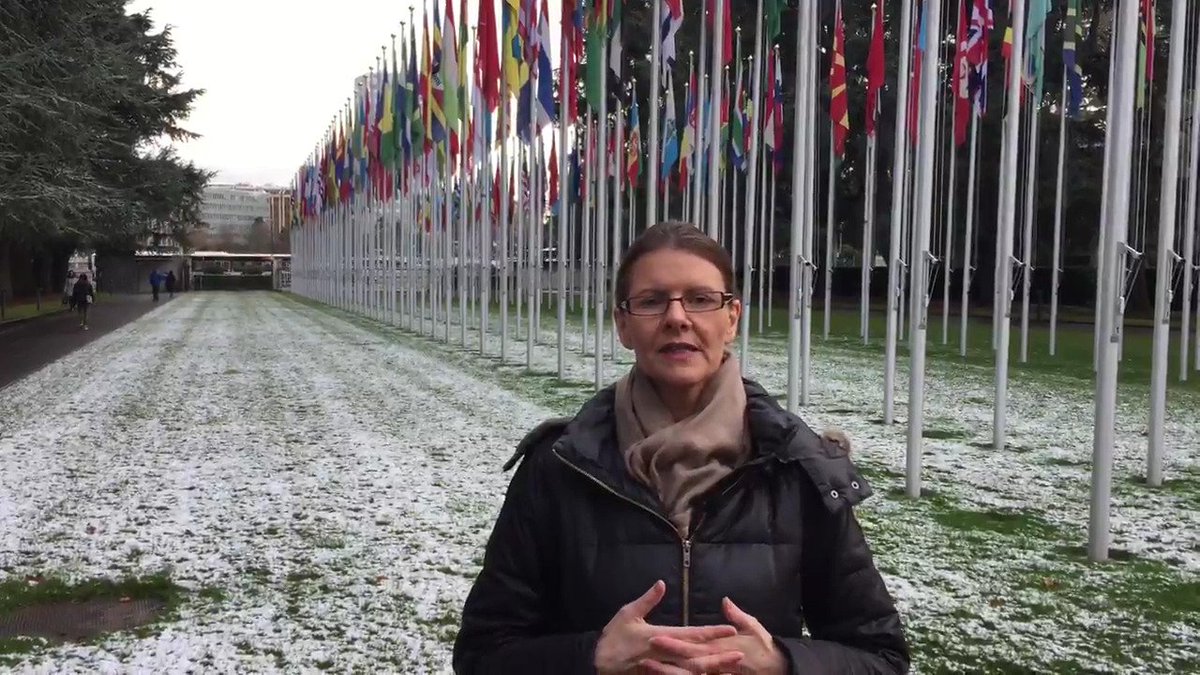UNHCR calls for help for refugees facing European winter freeze
UNHCR calls for help for refugees facing European winter freeze

BELGRADE, Serbia – Thousands of refugees and migrants are grappling with freezing conditions as severe winter weather sweeps across Europe, UNHCR, the UN Refugee Agency, said on Friday, calling on governments to do more to help and protect them.
The agency expressed concern about reports that several people had died because of the harsh conditions as they tried to enter or travel across Europe, including five since the beginning of the year.
“Saving lives is the most urgent priority right now,” UNHCR spokesperson Cécile Pouilly told a press briefing in Geneva.
“We are extremely worried about continued reports of push-backs in all countries along the Western Balkans. These practices are simply unacceptable and must be halted, as they place the lives of refugees and migrants at heightened risk and violate their most fundamental rights.”

The agency urged state authorities across Europe to do more to assist and protect refugees and migrants and expressed concern about abuses by criminal gangs, including kidnappings, physical abuse, threats and extortion.
“We urge European states to enhance their efforts to tackle these criminal networks and ensure the safety of refugees and migrants,” Pouilly said in an interview after the briefing.

In Serbia, where temperatures have been below zero for the past 10 days, about 1,200 men are living rough in inadequate informal sites in Belgrade city centre, including up to 300 unaccompanied or separated boys.
UNHCR has worked with the authorities and other partners to provide heaters, thermal blankets, winter clothes and footwear to people in Belgrade.
"We were given a bed and warm meals.”
Of the 7,300 refugees, asylum-seekers and migrants living in the country, 82 per cent are now accommodated in heated government shelters.
An Iraqi refugee at one of the centres told UNHCR: “The room is small, but I cannot be angry at Serbia because we did not get beaten up here. We were given a bed and warm meals.”
On the Greek islands, UNHCR has transferred hundreds of people to better accommodation on Lesvos and Chios in the past few days. However, about 1,000 people, including families with young children, are living in unheated tents and dormitories on Samos.
UNHCR has distributed 360,000 winter items across Greece, including blankets, sleeping bags, winter boots and warm clothes.
In northern Greece, heavy snow has affected refugees and migrants in the official camp at Vagiochori, two hours’ drive from Thessaloniki. Earlier this week, UNHCR moved the last residents still in unheated tents into a hotel.
Refugees outside Europe have also been affected by winter conditions. Snow has added to the problems of Syrian refugees living in informal settlements in higher parts of Lebanon’s Bekaa Valley, who were already dealing with cold, damp and mud.
UNHCR is providing winter cash assistance to 870,000 Syrian refugees in Lebanon from November through March to help them pay for essentials including heating fuel and warm clothes.
Alex Court contributed reporting from Geneva; Rima Cherri from Beirut, Lebanon; Mirjana Milenkovski from Belgrade, Serbia; and Roland Schoenbauer from Athens, Greece.









